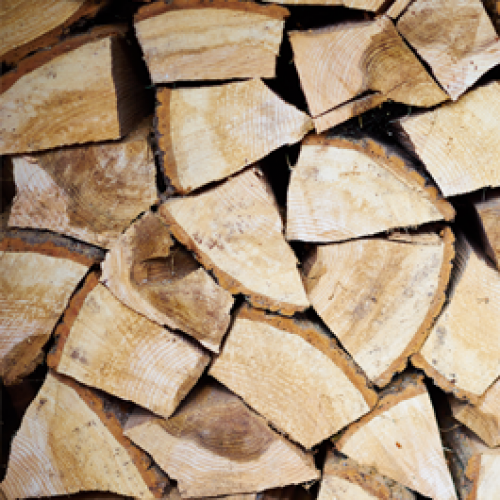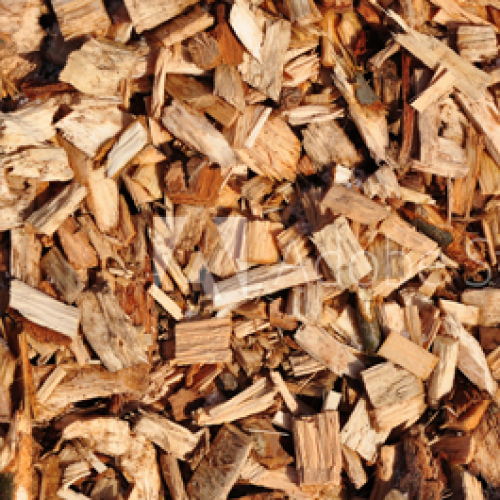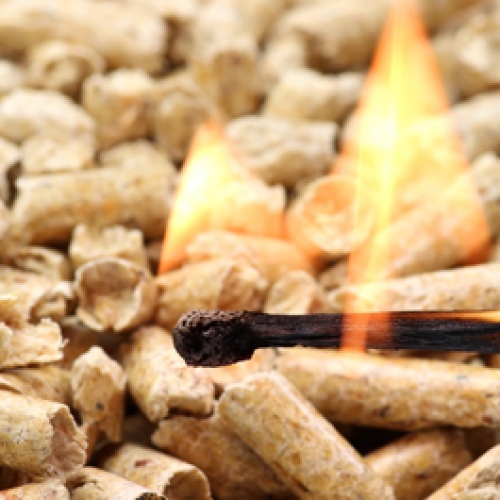Biomass
Biomass heating is a carbon neutral way to produce heat energy generated from the use of renewable organic matter, such as logs, wood chip and wood pellets. The sustainability of biomass fuels greatly outweighs the sustainability of fossil fuels, which in turn provides a firm base for use as a commercial or domestic heating method, and since the U.K. are pushing for more and more renewable technologies, you can even receive Renewable Heat Incentive (RHI) funding to implement biomass technologies.
Turblown is dedicated to providing this technology to customers to allow them to experience the benefits of biomass, economically and environmentally.
Biomass Fuel Types

Logs
Logs can be a lower cost option for fuelling boilers. The heat output of logs can range from 1 kWh/kg to 5.5 kWh/kg depending on the moisture content and density of the wood. Optimum moisture content for efficient burning is approximately 20%, making the average heat output around 4.1 kWh/kg.

Wood Chip
Wood chip is another suitable fuel for biomass boilers, producing an average heat output of 3.5 kWh/kg, with a moisture content of <25%.

Wood Pellets
Of the 3 typical fuels, wood pellets have the highest heat output of 4.8 kWh/kg. Pellets have a low moisture content, which ranges from 5-10%, depending on the manufacturing process.


